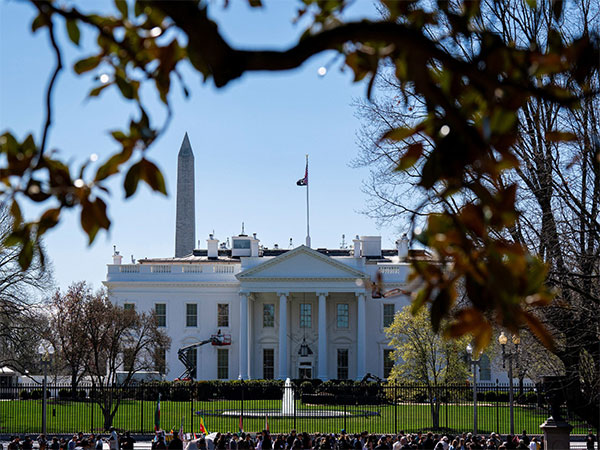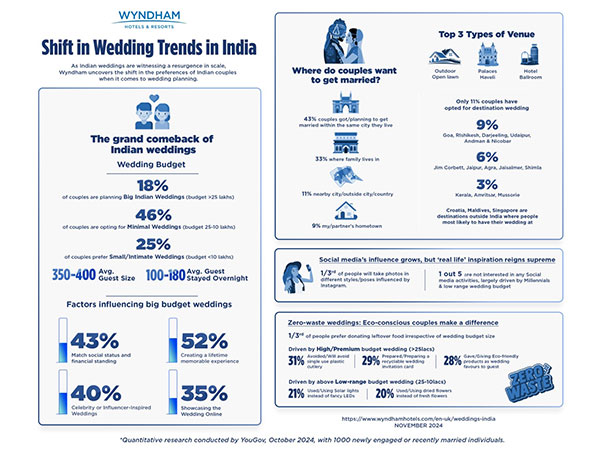
Republicans say little progress in debt ceiling talks with White House
May 24, 2023
Washington [US], May 24: Republicans in the U.S. House of Representatives said they were making little progress in negotiations with the White House over raising the government's $31.4 trillion debt ceiling, with the nation facing the risk of default in as soon as nine days.
Aides for President Joe Biden and Republican House of Representatives Speaker Kevin McCarthy, convened again on Tuesday. The two parties remain deeply divided about how to rein in the federal deficit, with Democrats arguing wealthy Americans and businesses should pay more taxes while Republicans want spending cuts.
White House negotiators Shalanda Young, director of the Office of Management and Budget, and senior White House adviser Steve Ricchetti, arrived at the Capitol for talks late morning. They did not speak with reporters, but Ricchetti said they were headed "back to work."
The Treasury Department has warned that the federal government could no longer have enough money to pay all its bills as soon as June 1, which would cause a default that would hammer the U.S. economy and push borrowing costs higher.
Republican negotiator Representative Garret Graves said he had seen little progress.
Biden and McCarthy emerged from a Monday evening meeting on the debt ceiling talking about the need to find a bipartisan compromise, even as they cling to policies that expose the divides between the two parties.
The lack of clear progress continued to weigh on Wall Street with U.S. stock indexes opening lower Tuesday morning and global markets on edge.
Biden and Democrats want to freeze spending in the 2024 fiscal year at the levels adopted in 2023, arguing that would represent a spending cut because agency budgets won't match inflation. The idea was rejected by Republicans, who want spending cuts.
Biden wants to cut the deficit by raising taxes on the wealthy and closing tax loopholes for the oil and pharmaceutical industries. McCarthy said he will not approve tax increase.
McCarthy told reporters on Monday that he expected to talk with Biden daily at least by telephone.
If and when Biden and McCarthy reach a deal, they will still need to sell it to their caucuses in Congress. It could easily take a week to pass a deal through the House and Senate, which would both need to approve the bill before Biden could sign it into law.
Unless Congress raises the debt ceiling and allows the federal government to borrow money to pay its bills, the United States could default on its obligations, potentially tipping the nation into recession and plunging global financial markets into chaos.
Any deal to raise the limit must pass both chambers of Congress and therefore hinges on bipartisan support. McCarthy's Republicans control the House 222-213, while Biden's Democrats hold the Senate 51-49.
Despite the gridlock, the two sides have found some common ground in several areas, including permit reform that will help energy projects move forward.
McCarthy on Monday said including some permitting reforms in the debt deal would not solve all of the related issues and that talks on further reforms could continue later, declining to address transmission for renewable energy.
The two sides are also discussing clawing back unused COVID relief funds and imposing stricter work requirements on two popular public benefit programs aimed at helping Americans out of poverty.
But leaders cautioned that nothing has yet to be agreed upon.
Source: Fijian Broadcasting Corporation






